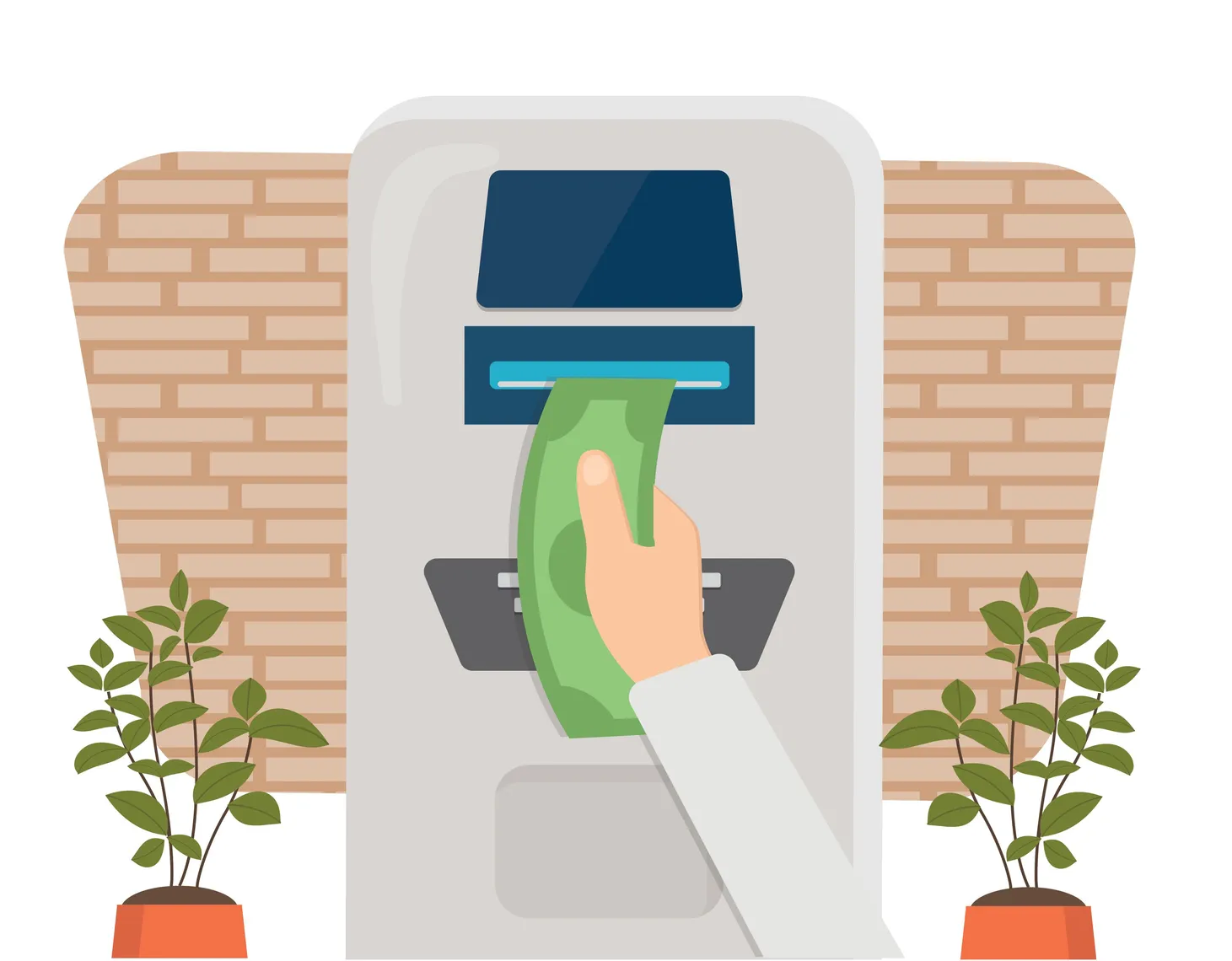What is a cash deposit?

A cash deposit is the money you pay into your bank account or savings account. The bank then has a liability to keep the money safely and pay you it back on the terms you have agreed for that account.
Key takeaways
A cash deposit is money paid into a bank or savings account, which can include cash, cheques, or money transfers, and the bank has a liability to safely keep and return the funds per the agreed account terms.
When you deposit money into a bank, it becomes the bank's asset while the account becomes a liability, transforming your money from your asset into the right to withdraw it under your agreed account terms.
Banks offer various account types including current accounts for wages and bills and savings accounts that earn interest, with each providing different access rights such as term accounts restricting withdrawals for years.
When making large cash deposits, banks may question the source of funds due to money laundering regulations, and deposits can be made through cash deposit machines or at the bank counter.
Where have you heard about cash deposits?
If you visit your local bank branch as well as spotting cash machines where you can take out money, you may spot a cash deposits machine where you can pay in money too as well as at the bank counter.
What you need to know about cash deposits.
Cash deposits don't have to be cash, they can be cheques or money transfers – the term applies to all money paid into an account.
When you deposit money into the bank it becomes an asset of the bank – but the account it is in is a liability. The money is no longer your asset – it has transformed in to the right to withdraw the money on the terms you agreed to for the account.
Banks generally have different types of accounts that you can pay money into:
- Current account or checking account – that your wages might be paid into and that you pay bills with
- Savings accounts where you earn interest on the money you have deposited
Different types of account will give you different rights of access to your money. For example in a term account you might give up the right to take your money out for several years.
If you want to pay in a large cash deposit your bank may ask you questions about where the money came from because of money laundering regulations.